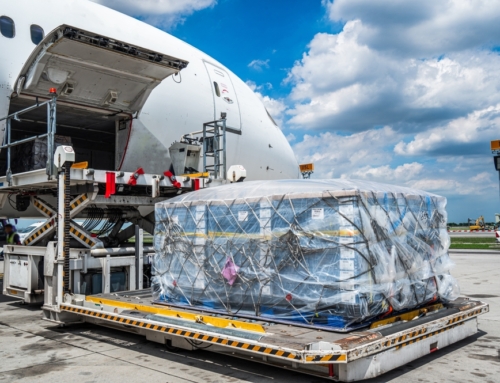Last Friday, May 14th, the Mississippi River reopened after all traffic was stopped three days earlier, due to a crack found on the Interstate 40 bridge. The shutdown led to a pileup of about 1,000 barges, impeding shipments of goods such as corn and soybeans as well as imported steel and crude oil.
The I-40 passage, which connects Memphis, Tennessee, to Arkansas, and carries about 35,000 to 45,000 vehicles a day including commercial trucks, will be closed during several weeks for repairs. The bridge was immediately shut down by the Arkansas Department of Transportation (ARDOT) after learning about the potential disaster caused by the rising river.
The Tennessee Department of Transportation (TDOT) is working on provisional repairs while a new bridge component is fabricated to replace the damaged portion. A temporary fix should be in place within six to eight weeks, according to transportation officials.
Truckers have been forced to take alternate routes, which will likely lead to a spike in appointment rebooking and further affect delays caused by rail congestion. To get around the closure of the I-40 bridge, westbound drivers should cross the Mississippi River and take the I-55. Another route is the I-20 crossing over the Mississippi River in Dyersburg, Tennessee.
The Mississippi River and I-40 closures are just the latest in a string of misfortunes that have affected the commodities markets. Earlier this month, the Colonial Pipeline was hit by a cyberattack, causing a shortage of gasoline from Florida to Virginia. Back in March, the Suez Canal was blocked for roughly a week, leading to shipment interruptions and major bottlenecks at hub ports after about 450 delayed vessels were finally able to pass through.
As Green continues to monitor the situation, stay up-to-date on freight and trade news by following us on Facebook, Twitter, and LinkedIn. For continuous updates, make sure to check out our website at greenworldwide.com.






